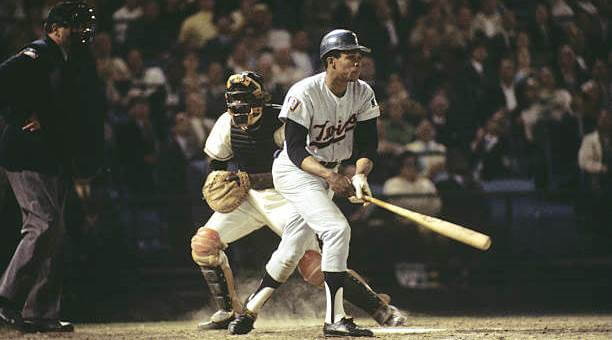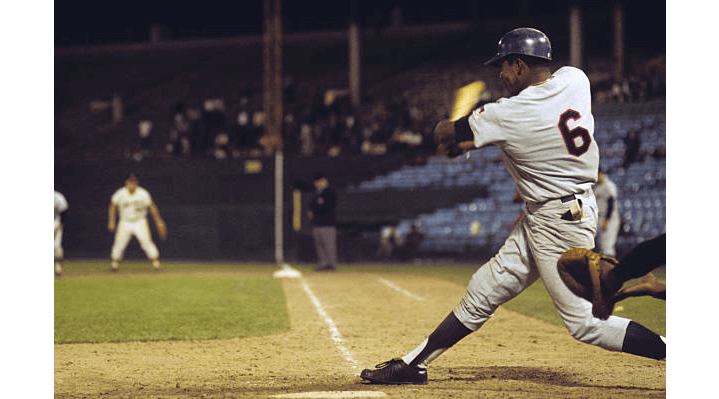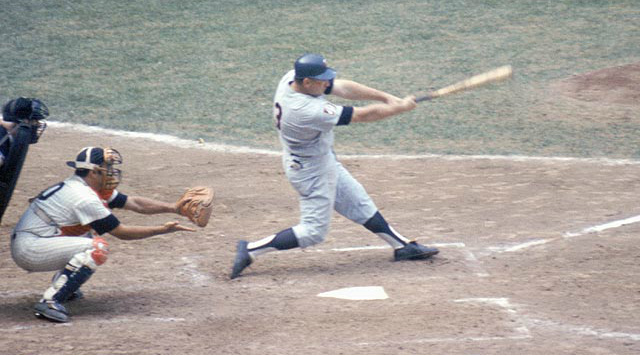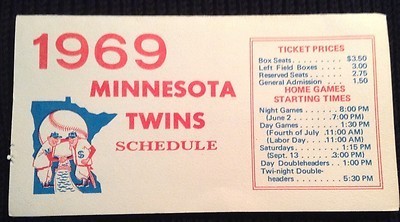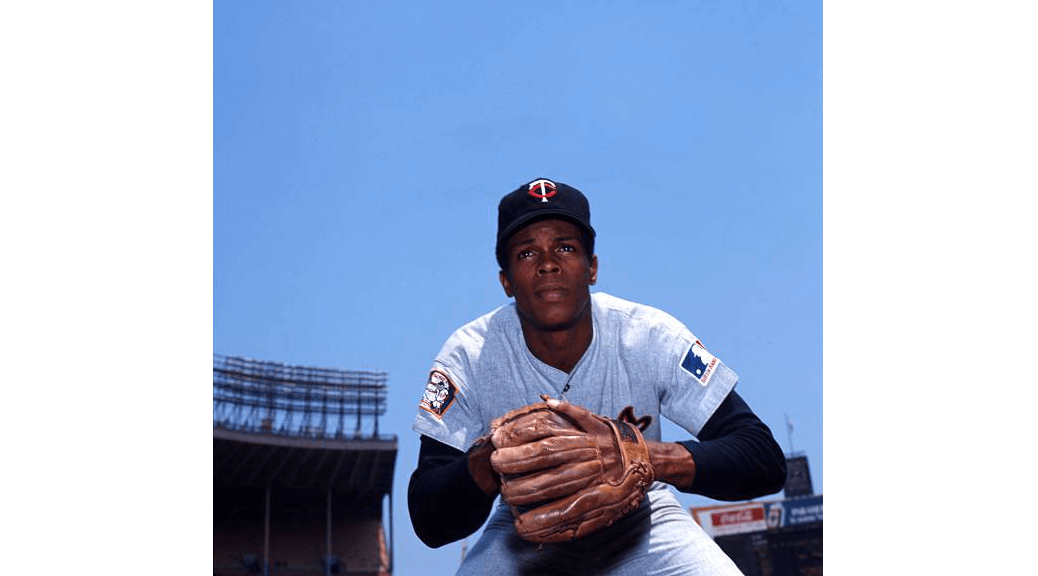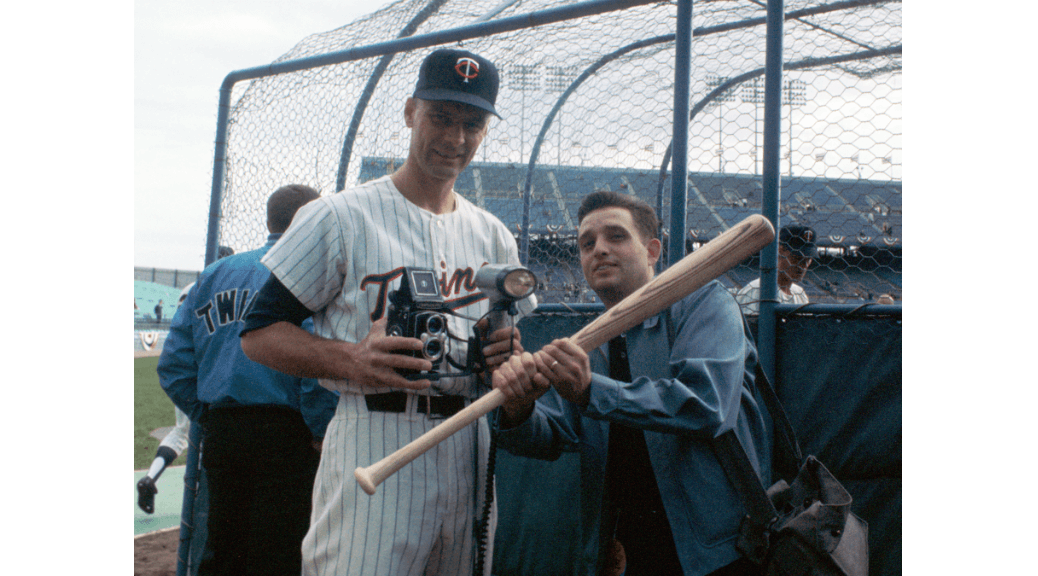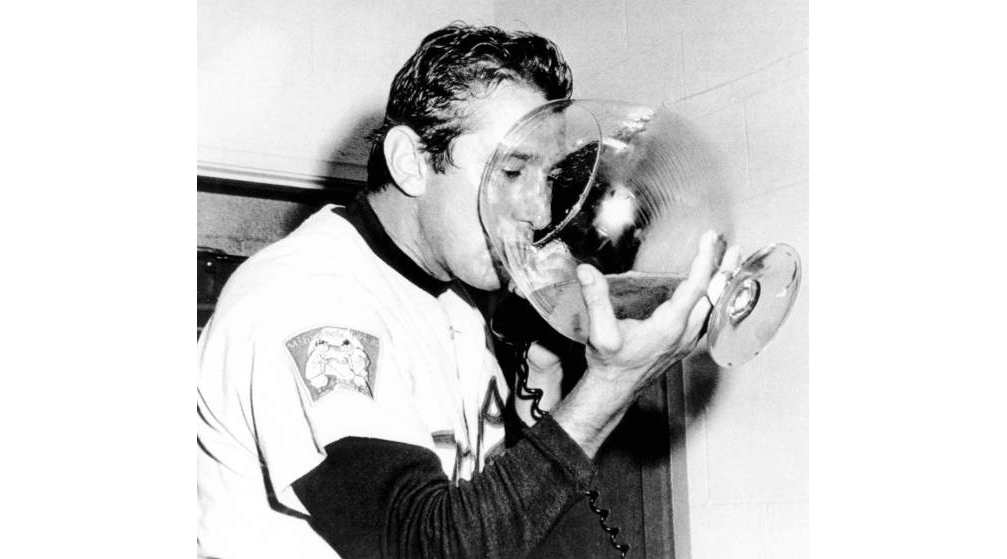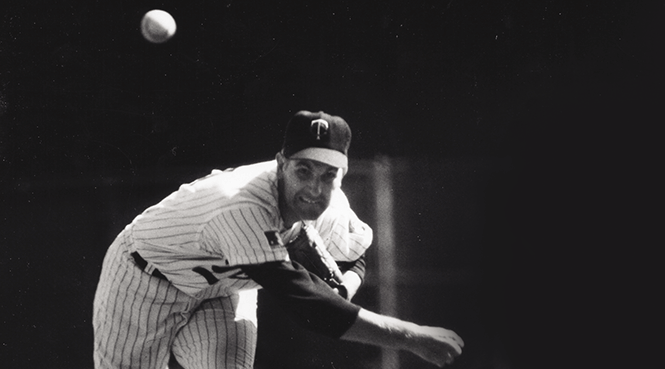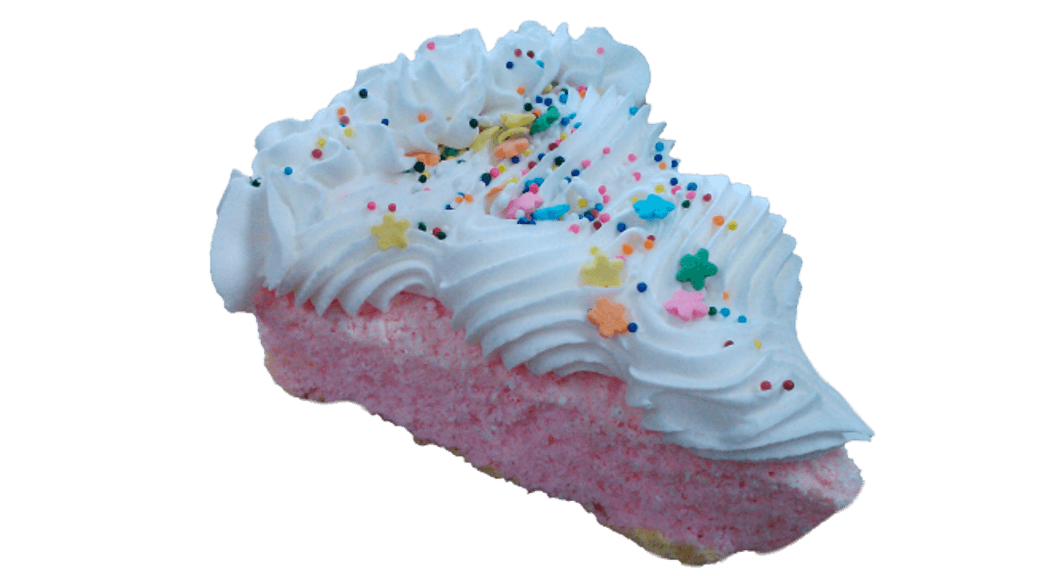MINNESOTA 4, NEW YORK 2 IN MINNESOTA
Date: Wednesday, June 4.
Batting stars: Rod Carew was 3-for-4 with a walk and a stolen base, his tenth. Leo Cardenas was 3-for-4.
Pitching stars: Tom Hall pitched 7.2 innings, giving up two runs on five hits and two walks and striking out four. Ron Perranoski pitched 1.1 scoreless innings, giving up one hit.
Opposition stars: Horace Clarke was 3-for-3 with a walk. Bill Robinson was 1-for-4 with a home run. Mel Stottlemyre pitched seven innings, giving up three runs on seven hits and two walks and striking out three.
The game: Rod Carew got an infield hit in the first and advanced to third base, but no farther. The two teams combined for just one more hit until the fifth. With one out in the fifth, Johnny Roseboro doubled and scored on a Cardenas single. Cesar Tovar was hit by a pitch, and with two out Ted Uhlaender singled to make the score 2-0.
The Yankees got on the board in the sixth when Gene Michael doubled and scored on a two-out single by Clarke. The Twins got the run back in the bottom of the sixth when Carew doubled, went to third on a ground out, and scored on a Graig Nettles sacrifice fly, making the score 3-1 Twins.
The Twins missed a chance to add to their lead in the seventh when Cardenas and Tovar led off the inning with singles. They went to second and third on a ground out, but Cardenas was caught trying to steal home. Bill Robinson led off the eighth with a home run, cutting the margin to 3-2. Michael drew a one-out walk and Clarke hit a two-out single, resulting in Perranoski replacing Hall. Bobby Cox got an infield single to load the bases, but Roy White hit into a forceout to end the inning.
The Twins got an insurance run in the ninth. Carew led off with a single and went to second on a ground out. Harmon Killebrew was intentionally walked. Carew went to third on a fly out. With men on first and third and one out, Killebrew stole second (!). Roseboro walked to load the bases. The Twins then pulled off a triple steal, with Carew stealing home to make the score 4-2. The Yankees went down in order in the ninth.
WP: Hall (3-3). LP: Stottlemyre (8-4). S: Perranoski (12).
Notes: Nettles was in left field, with Tovar at third base. Quilici again came in to play third in the eighth, with Tovar moving to left.
Carew raised his average to .399. Cardenas raised his average to .306. Roseboro was 1-for-3 with a walk and was batting .305. Tony Oliva was 0-for-3 with a walk and was batting .301. Perranoski lowered his ERA to 1.70.
I don't know how many times Killebrew stole two bases in a game, much less in the same inning, but it can't be very many. And his steal of second was actually a straight steal, not the back end of anything. He had nineteen stolen bases in his career, with eight of them coming in 1969. For his career he was 19-for-37, obviously not a good percentage, but in 1969 he was 8-for-10.
Hall had not pitched since May 27. He would make three more appearances, all in relief, then would miss a month.
After giving up runs in back-to-back appearances, Perranoski had now made four consecutive scoreless appearances.
Record: The Twins were 28-20, in first place in the American League West, 3.5 games ahead of Oakland.

